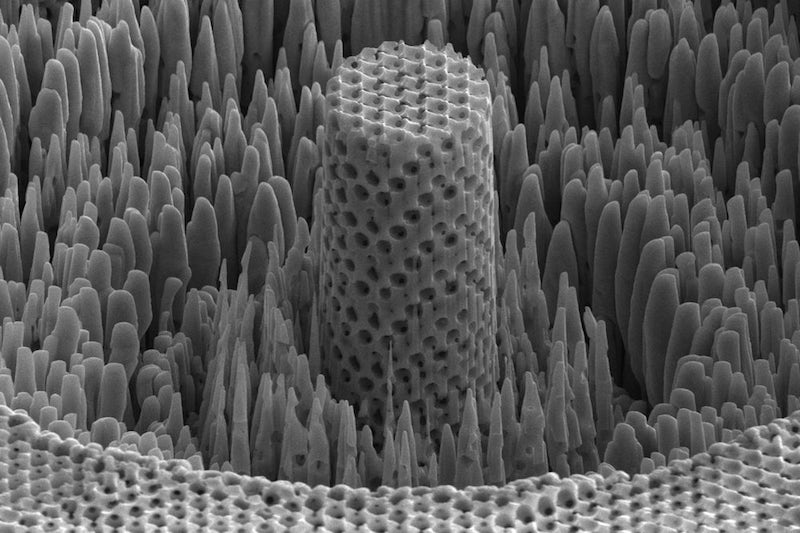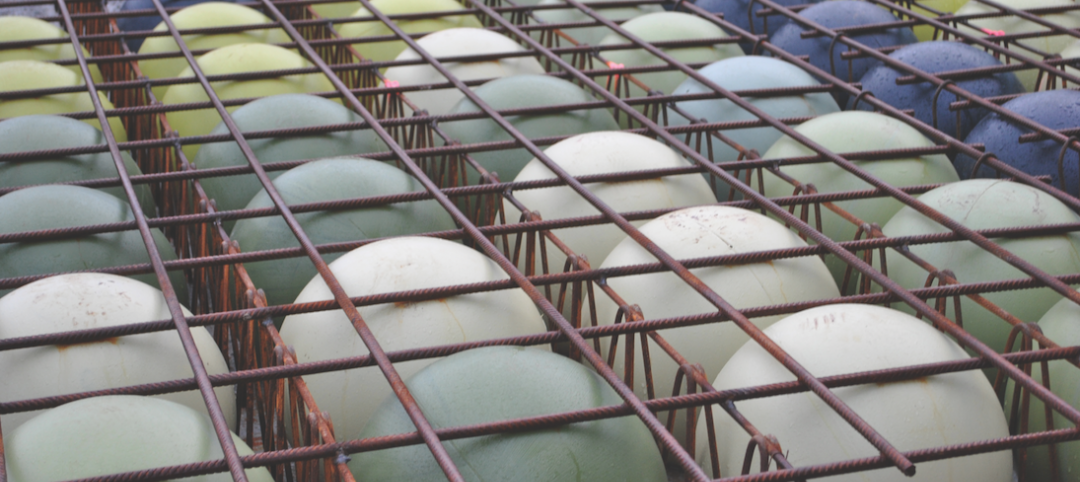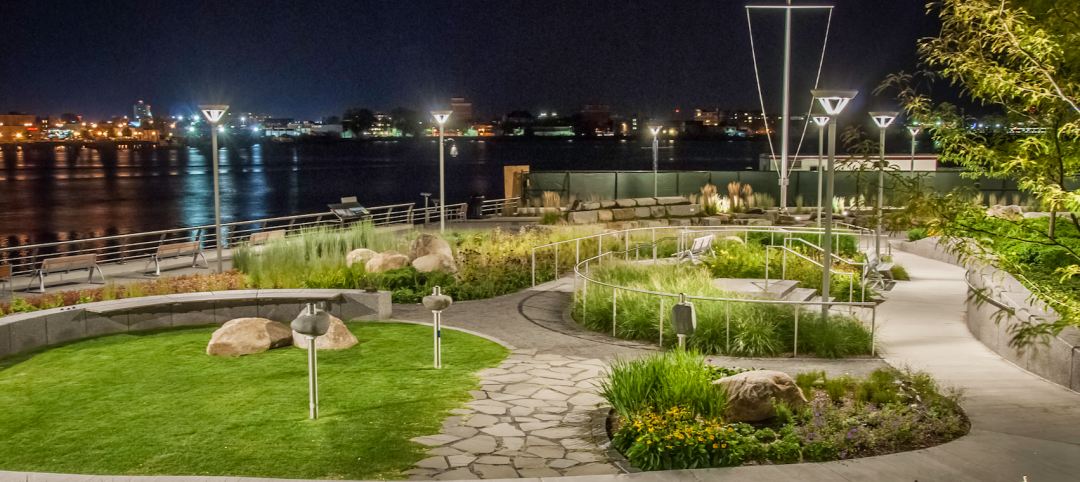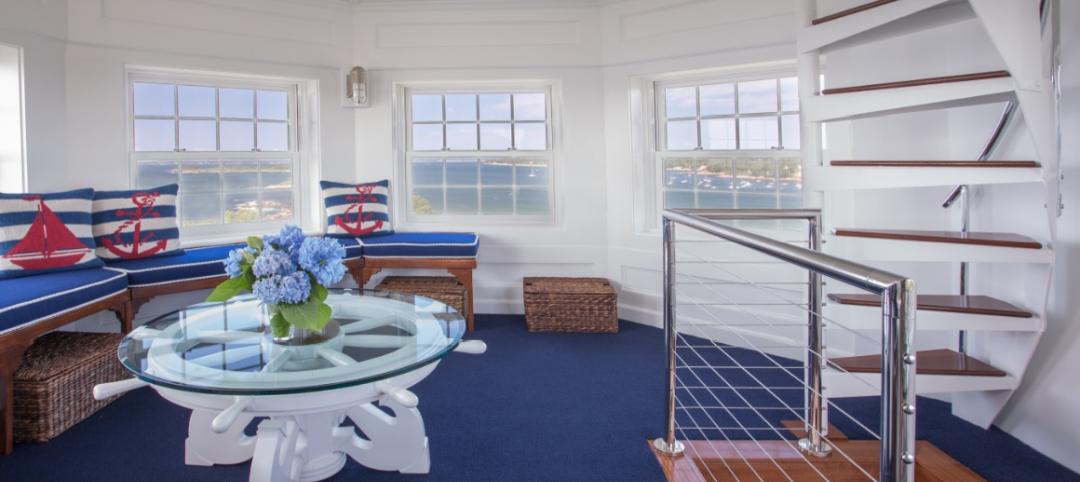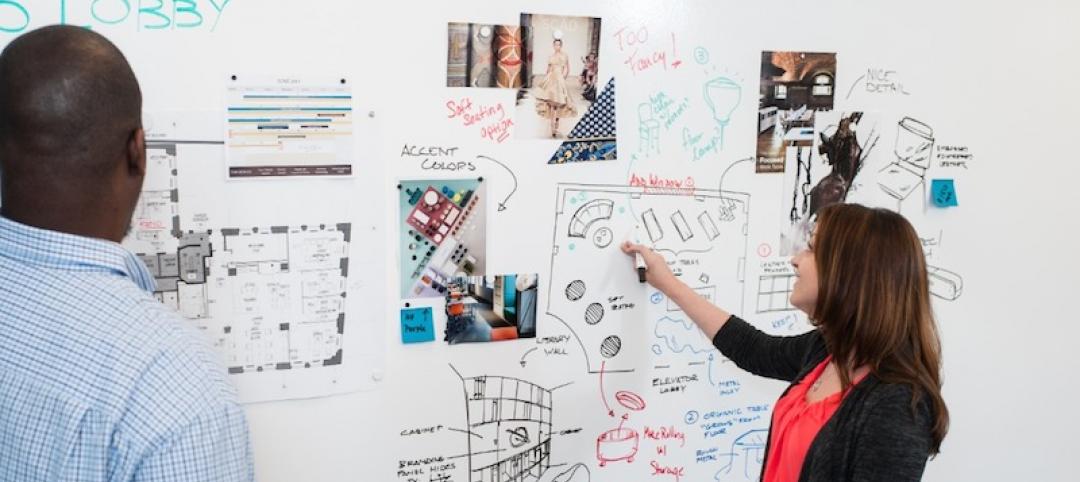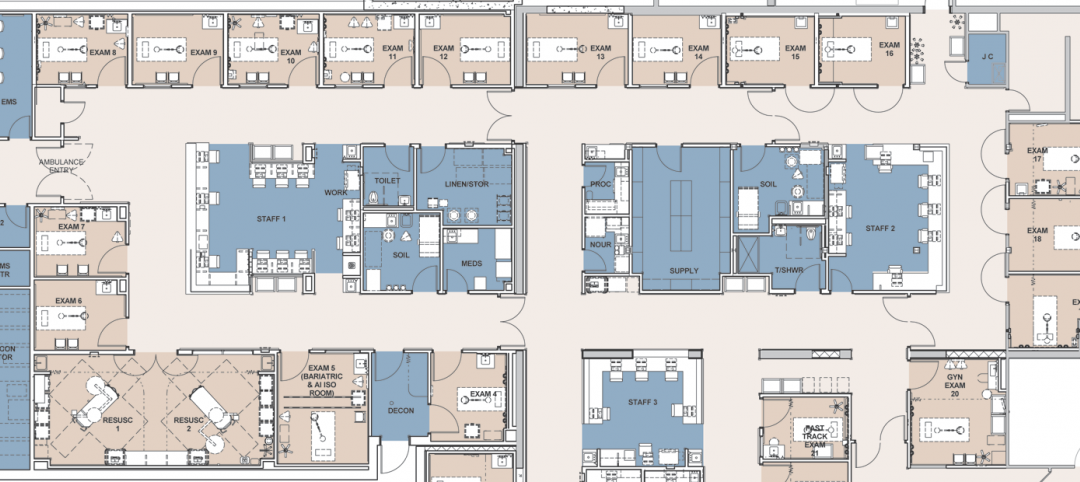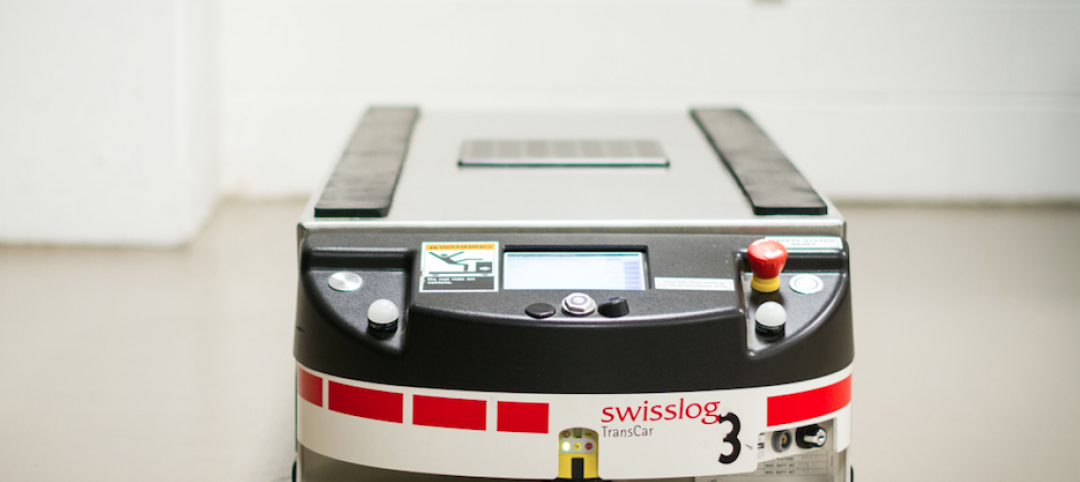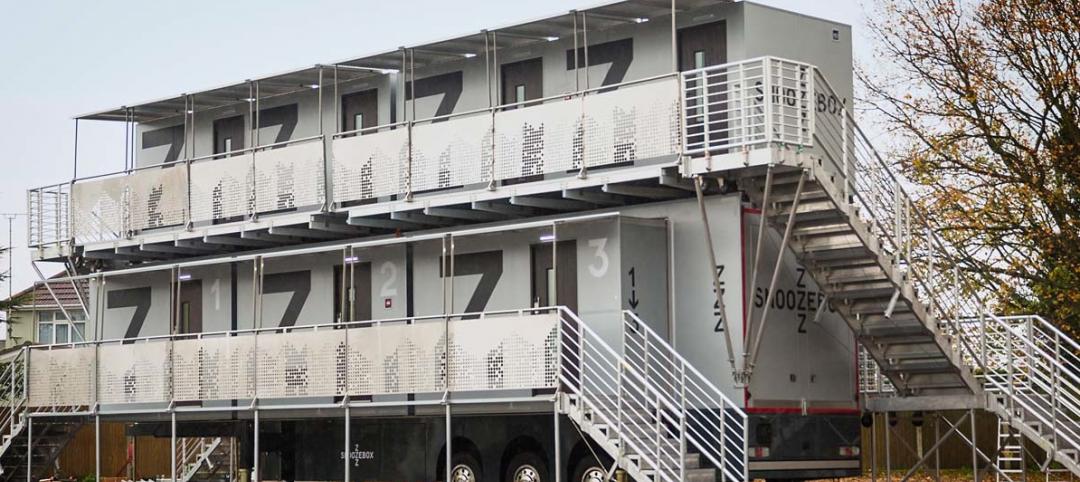Wood has been used as a building material for structures, tools, and weapons for hundreds of thousands of years. And while it is a natural resource, wood has undergone many changes as a material from its earliest uses in primitive weapons.
Engineered products like OSB expanded applications for wood in all types of construction. Cross-laminated timber took wood to new heights. Now, the next evolution of wood can be seen on the scientific horizon.
A group of researchers from Columbia University has created “digital wood” through the use of 3D-printing, while another group of researchers from several universities—including the University of Pennsylvania and Turkey’s Middle East Technical University—have created “metallic wood.”
See Also: An apiary for the sanctuary
In a study published by the researchers from Columbia University (bit.ly/2WKMFye), they explain how multicolor 3D printing is typically used for external color textures wrapped around a monomaterial core. What they have done, however, is 3D print a substance that, both internally and externally, resembles real wood.
The process included using a CNC mill to slice and image olive wood samples at 27-micrometer intervals. A total of 230 images were taken and then prepared for manufacturing on a voxel-capable 3D printer using a stochastic dithering algorithm. The resulting resin block printed from the machine resembled the original wooden block in both its external appearance and its internal color pattern.
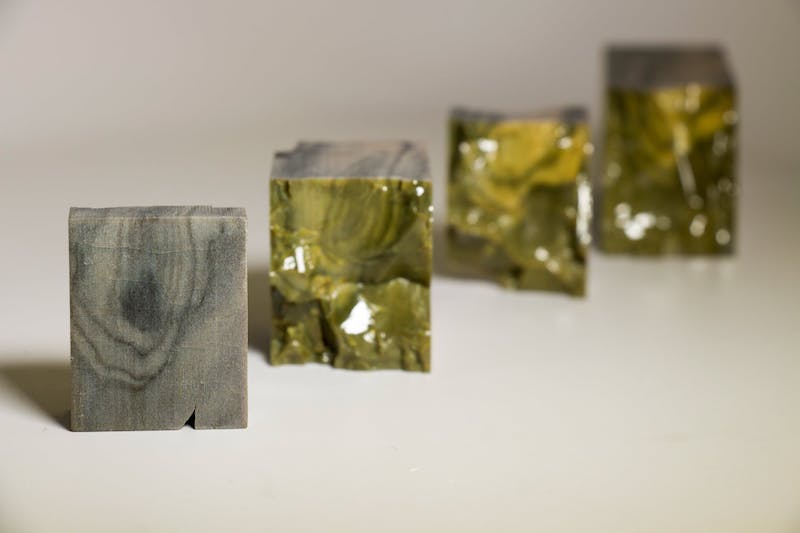 Courtesy Columbia University.
Courtesy Columbia University.
More importantly than just replicating olive wood, the researchers say the workflow can be used in the digital replication of objects with complex internal patterns that are currently impossible to manufacture.
In a separate study, researchers created “metallic wood” that is not so much concerned with the look of wood, but with its density and cellular nature. Like the digital wood, metallic wood isn’t really wood at all. It is actually a nano-structured cellular material based on electroplated nickel, which has the strength of titanium, the density of water, and the porous cellular nature of natural materials like wood. This means the material is as strong as titanium, but four to five times lighter.
The improved strength comes from size-dependent strengthening of load-bearing nickel struts whose diameter is as small as 17 nanometers and whose strength is as high as eight gigapascals.

The process for creating the metallic wood starts with tiny plastic spheres, only a few hundred nanometers in diameter, suspended in water. The water is then slowly evaporated, which causes the spheres to settle and stack like cannonballs. The researchers then use electroplating to infiltrate the plastic spheres with nickel. The plastic is then dissolved with a solvent, leaving behind an open network of metallic struts that can be combined with other functional coatings.
Similar to wood, metallic wood has some areas that are thick and dense with the metal struts, while other areas are porous with air gaps. In fact, about 70% of metallic wood is empty space. These pores could be infused with other materials, such as anode materials, that would allow the metallic wood to be, say, a plane wing that also doubles as a battery.
Related Stories
Great Solutions | Jan 19, 2016
Concrete innovation: voided biaxial slab slashes weight, saves concrete
System reduces slab dead load by 30% on medical clinic project
Great Solutions | Jan 19, 2016
Healing garden doubles as therapy trails
A Boston-area hospital takes the healing garden to the next level.
Great Solutions | Jan 14, 2016
WWII watchtower turned into ‘land yacht’
Architect Siemasko + Verbridge and contractor Windover Construction transformed a coastal wartime observation post into an amenity-filled guesthouse.
Great Solutions | Jan 12, 2016
Sprinkler system does double duty
Two innovations tap into the multi-use potential for fire/life safety infrastructure.
Great Solutions | Jan 7, 2016
Bacteria-killing paint and magnetic wallcovering highlight innovations in surface materials
Sherwin-Williams recently introduced Paint Shield, the first EPA-registered microbicidal paint that kills virtually all infection-causing bacteria after two hours of exposure on painted surfaces.
Great Solutions | Jan 6, 2016
Shepley Bulfinch develops elegant design solution to address behavioral issues in emergency departments
ED scheme allows staff to isolate unruly patients and visitors in a secure area.
Great Solutions | Jan 6, 2016
All-encompassing farming kit can provide communities with a sustainable food supply
Several manufacturers partnered with the group Farm from a Box to develop an off-the-grid farming solution for communities, all without the need for outside help.
Great Solutions | Jan 4, 2016
Toronto’s newest hospital employs 10 robots for moving food, supplies, and equipment
The 1.8 million-sf Humber River Hospital is loaded with high-tech gadgets. Its coolest innovation is the use of automated guided vehicles.
Great Solutions | Jan 4, 2016
Snoozebox’s portable hotel rooms make outside events more livable
Since 2011, the London-based company has thrived by creating portable hotels that are set up for the duration of open-air events (or longer), and offer many of the comforts of conventional hotels.


